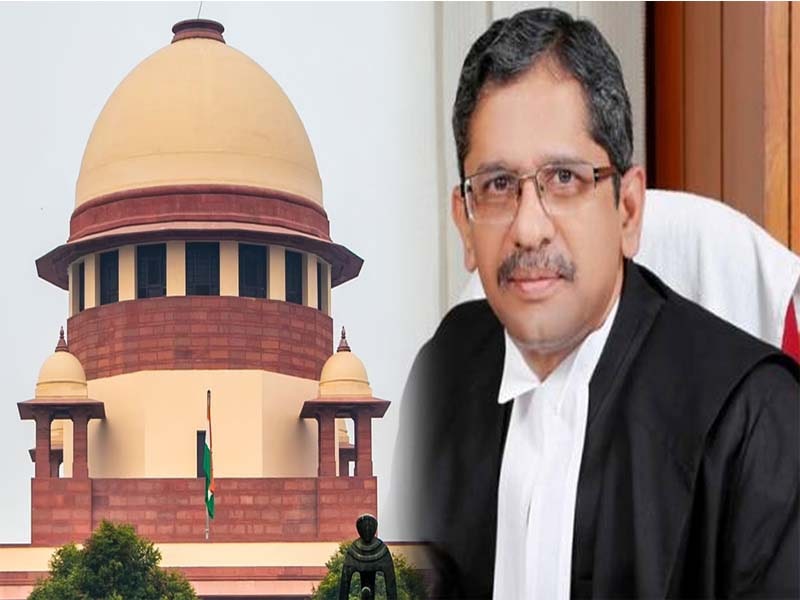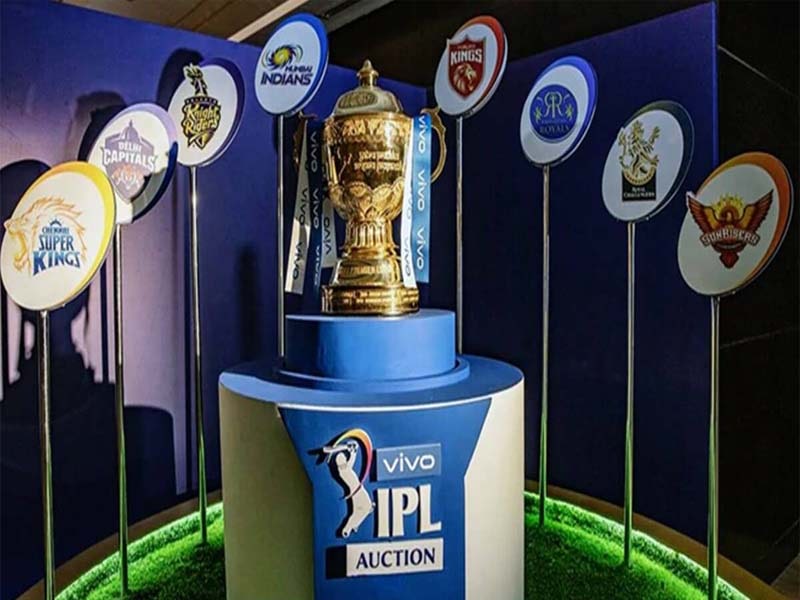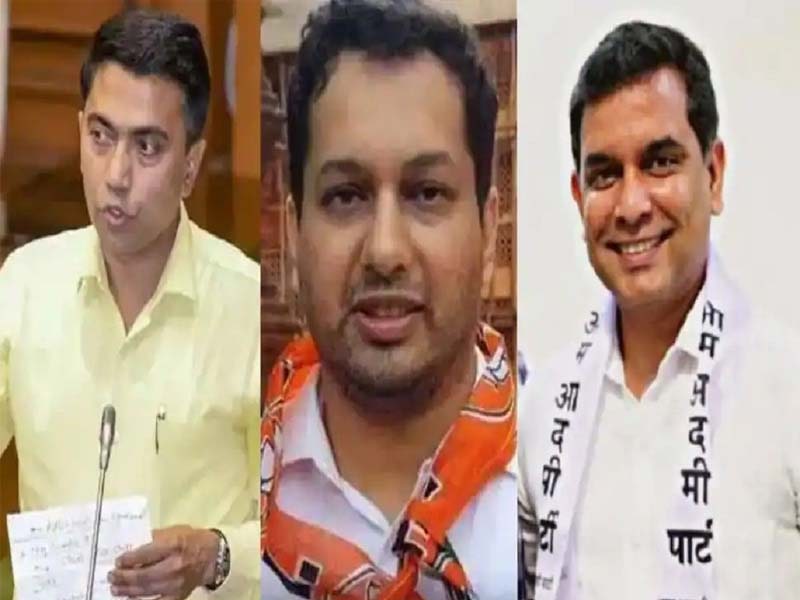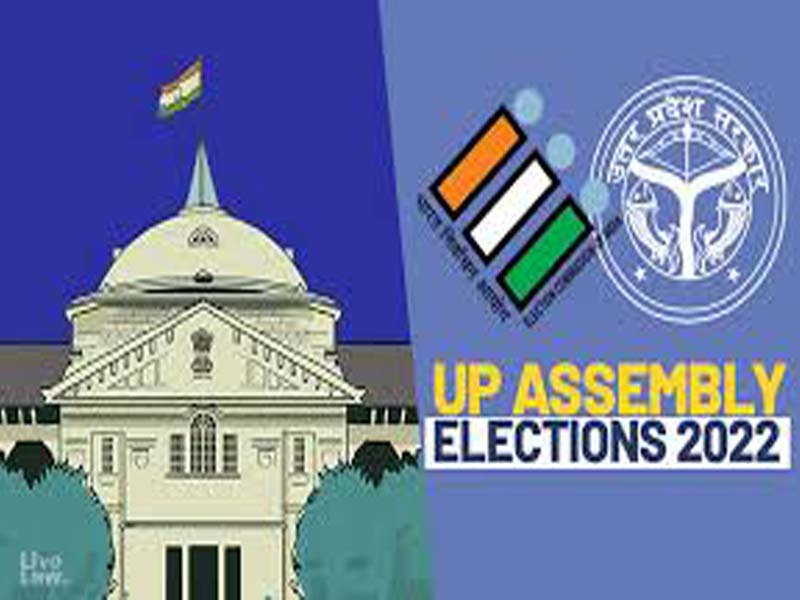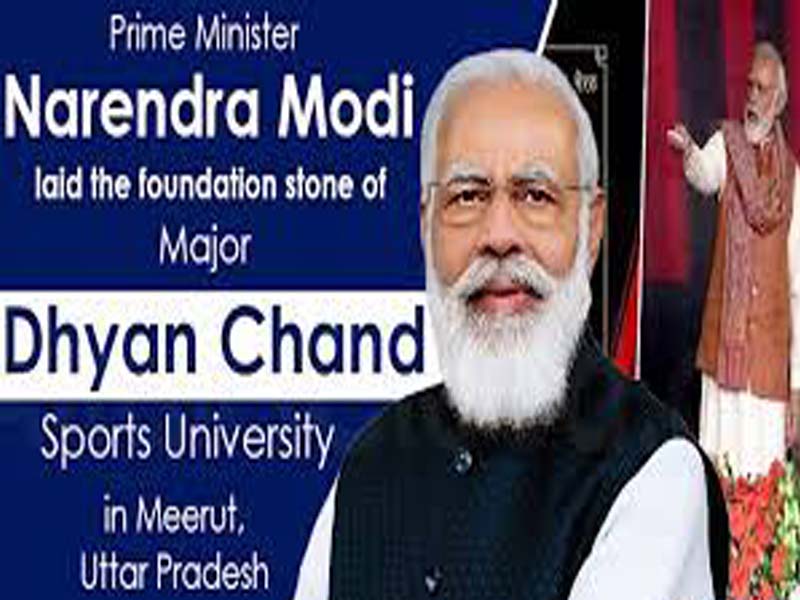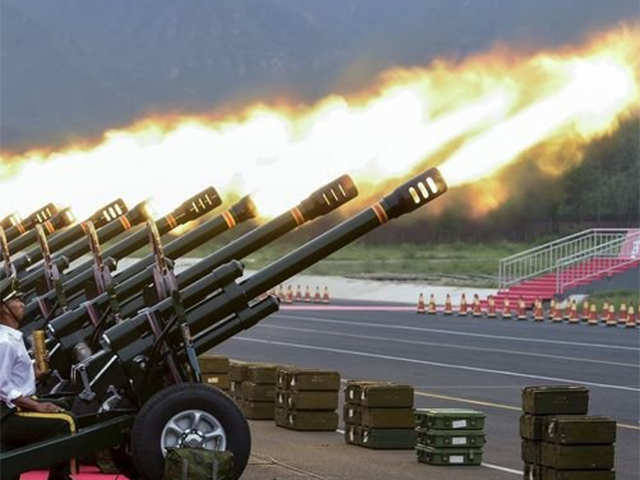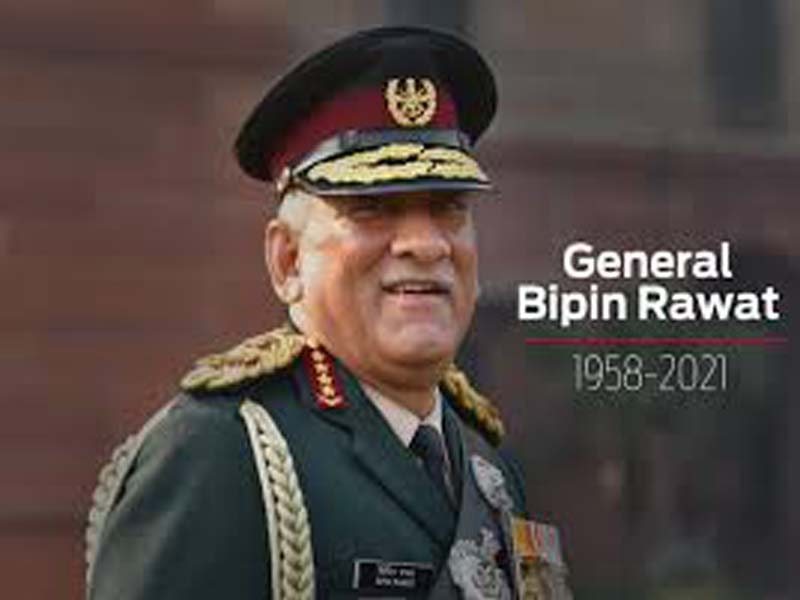Justice N V Ramana is the new CJI
(By Rakesh Agarwal)
President Ram Nath Kovindappointed Justice NV Ramana(NuthalapatiVenkataRamana), who was born in a Telugu-speaking agrarian family on 27 August 1957 in Ponnavaram village in Krishna district of Andhra Pradesh, as the Chief Justice of India and he took charge on 24 April as the 48th Chief justice of India, a day after the present Chief Justice SharadArvindBobde retired.
Already a Supreme Court judge for the last 8 years, his name was recommended by Justice Bobde as the new CJI. Previously, he was the Chief Justice of Delhi High Court and the acting Chief Justice of Andhra Pradesh High Court. He has also served as the President of the Andhra Pradesh Judicial Academy. Before joining law, Justice Ramana worked as a journalist from 1979 to 1980 and reported on political and legal matters for the regional newspaper the Eenadu.
He enrolled as an advocate on February 10, 1983, and practiced in the High Court of Andhra Pradesh, Central and Andhra Pradesh Administrative Tribunals, and the Supreme Court of India in Civil, Criminal, Constitutional, Labour, Service, and Election matters. He has specialized in Constitutional, Criminal, Service, and Inter-State River laws. He has also functioned as Panel Counsel for various Government Organizations.
He was Additional Standing Counsel for Central Government and Standing Counsel for Railways in the Central Administrative Tribunal at Hyderabad. He has also functioned as Additional Advocate General of Andhra Pradesh. He became the permanent Judge of the Andhra Pradesh High court on 27 June 2000. On 2 September 2013, he was appointed the Chief Justice of the Delhi High Court, and on 17 February 2014, he became a judge in the Supreme Court of India. Before his elevation as the CJI, he has dealt with matters related to abrogation of Article 370, the Citizenship Amendment Act, 2019, and the electoral bond scheme, which are still pending in the Supreme Court.
A constitution bench headed by him rejected the curative petitions filed by the convicts in the 2012 December gang-rape case. In the Jammu and Kashmir internet connection case, Justice Ramana ruled that freedom of speech and expression and the freedom to practice any profession or carry on any trade, business, or occupation over the internet is protected by Articles 19(1)(a) and 19(1)(g). He is considered a conventional judge, who is restrained in his speech. He is known to talk less and adheres to the principle of judicial discipline and the rule of precedent. His term as the Chief Justice of India will expire on 26 August 2022.

